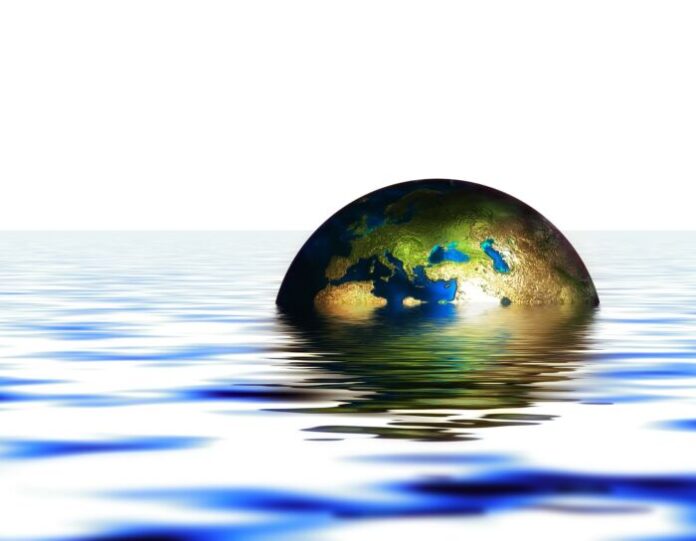
The COP27 climate summit took a positive step towards a loss and damage fund, but by failing to agree on more ambitious action on emission reductions, the chance to limit global warming to 1.5°C is in danger of fading, with disastrous consequences for the world.
“The agreement on Loss&Damage, i.e. the loss of people and damage to property caused by the impacts of the climate crisis is a positive step, but it risks becoming an ‘end of the world fund’ if countries do not move much faster to reduce emissions and limit warming to below 1, 5°C,” says Mariagrazia Midulla, WWF Italy’s Climate and Energy Officer, on her return from Sharm El-Sheikh. “By failing to include any reference in the final COP27 decisions, leaders have missed the opportunity to accelerate the phase-out of fossil fuels: so we will continue to run straight into the wall of the most catastrophic consequences of the climate crisis. Without rapid and deep cuts in emissions, we will not be able to limit the scale of loss and damage, which must be our first goal. We cannot afford another climate summit like this one. It is unacceptable that governments are not moving and that negotiators have failed to reach a more ambitious agreement than the one agreed in Glasgow last year. Future COP presidencies cannot squander this opportunity yet. Governments must now redouble their efforts to reduce emissions and take the necessary transformative action to keep warming below 1.5°C. Next year’s COP28 summit must be the COP of climate credibility. This is without minimising the responsibility of governments, all of them, to make and keep their commitments. Governments today are like condominiums who, while the building burns, observe it by talking about condominium fees: the climate crisis must be the priority, only by really tackling it, by stopping its progression, does everything else make sense’.
This was supposed to be an ‘African COP’, but it failed to meet the continent’s needs and priorities. Africa is at the forefront of the climate crisis and is highly vulnerable to its consequences. We are already seeing terrible impacts, loss and damage across the continent. WWF welcomes the progress made in establishing a fund to help countries recover from climate-related disasters, but this is not enough unless further action is taken to prevent the climate crisis from spiralling out of control. WWF also demands that it be ensured that the Loss&Damage fund is resourced and aligned with equity and justice. Furthermore, we expected to see more funding and action to increase the resilience of Africa and all the most vulnerable countries, but once again financial commitments for adaptation have not been met.
In a report released during COP27, WWF noted that nature has so far absorbed 54% of humanity’s carbon dioxide emissions over the past 10 years. It is therefore good to see that, in the final decisions of COP27, countries recognised the importance of nature-based solutions. But let us remember that if Nature can help us to reabsorb the emissions already produced, we absolutely cannot afford to add any more, we must cut down on climate-altering gas emissions as quickly as possible.
“Despite the outcome of this summit, we should all draw inspiration from the powerful messages and determination shown by activists, indigenous peoples, civil society and young people who have made their voices heard despite the difficult conditions, making the inadequacy of government action even more evident,” Midulla emphasises. “The climate crisis will affect different people and places unevenly, and is therefore likely to lead to further inequality and injustice within and between nations. Any climate action must go hand in hand with improving human rights and equity’.



































